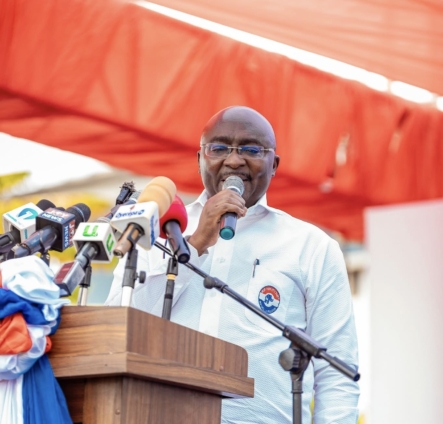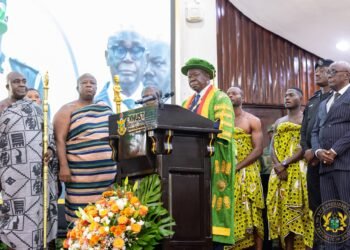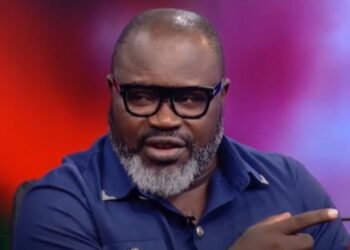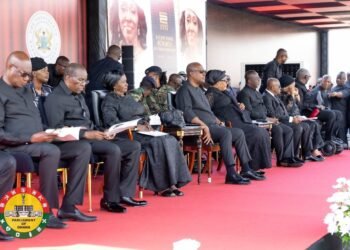In a strong rebuttal to what he described as internal misinformation, Krobea Kwabena Asante, a former presidential staffer under the NPP administration, has dismissed claims that Dr. Mahamudu Bawumia is the only NPP candidate to have won fewer seats than the party secured in Parliament.
Speaking as a known loyalist of the New Patriotic Party and vocal supporter of Dr. Bawumia, Asante accused some party members of deliberately spreading “cheap lies” to discredit the former Vice President.
The internal controversy surrounding Bawumia’s performance in the recent elections appears to have triggered a wave of commentary, with Asante stepping forward to correct what he calls a historical inaccuracy.
According to him, past elections show clearly that Bawumia is not the only figure in the party’s electoral history to have garnered fewer seats as a candidate than the party won in Parliament.
Citing data from previous election cycles, Asante noted that in the 2004 elections, then-President John Agyekum Kufuor won 127 seats out of 230 in the presidential polls. The NPP, however, secured 128 parliamentary seats—despite not fielding candidates in key constituencies.
“The party had no candidates for NPP in Ellembelle (Freddie Blay), Evalue-Gwira (Kojo Armah), and KEEA (Nduom) because the trio from CPP were playing roles in support of our regime and were helped to win seats for CPP.”
Krobea Kwabena Asante
He further added that his initial intention was to stay out of internal political debates within the party, to keep the unity as the party rebounds from its recent electoral loss.

“Howbeit, seen a lame internal propaganda against Dr. Bawumia, which as a student of electoral studies, I have to expose that cheap lie because I saw an MP who has never been for Dr. Bawumia and will never be for Dr. Bawumia shared on a platform.”
Krobea Kwabena Asante
Delving further into the party’s electoral history, Asante recalled the 2008 general elections, where H.E. Nana Akufo-Addo won 108 parliamentary seats out of 230 in the first round of voting.
However, the NPP managed to secure 107 out of 229 contested seats in the final parliamentary results.
Asante pointed out that the NPP once again chose not to field a candidate in the Ellembelle constituency—this time due to the influence of Freddie Blay.
He emphasized how strategic alliances and political concessions impacted the party’s overall parliamentary performance.
Bawumia Defended With Election Stats
Moving on to 2012, Krobea Asante noted that Akufo-Addo won 116 seats, while the party secured 123 in Parliament. And in 2016, he said, the numbers shifted even more significantly: Akufo-Addo won 152 seats, and the NPP as a party took 169 seats.
These figures, Asante insisted, completely refute the idea that Bawumia is uniquely responsible for the party underperforming in parliamentary elections relative to his individual results.
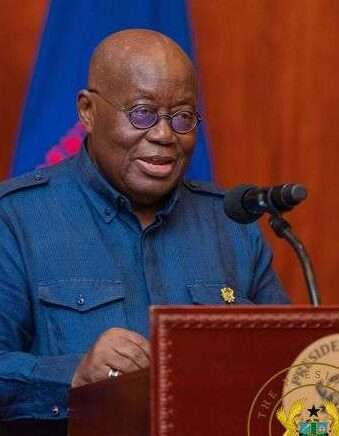
“The facts above beg the question, why will anyone do shoddy work and say that it is only Dr. Bawumia who has won fewer seats than the party had in Parliament? I am still on internal politics break and will resume, God willing, in July to join the smart youngsters leading the agenda for Dr. Bawumia.”
Krobea Kwabena Asante
Krobea Asante’s comment is a strong defense of Dr. Bawumia, who is widely considered a frontrunner in the NPP’s future leadership plans.
As the party heals from the defeat in the 2024 general elections, internal unity remains critical, and voices like Asante’s appear aimed at curbing growing intra-party tensions.
Asante’s intervention also illustrates how statistical data and electoral history continue to serve as powerful tools in intra-party discourse.
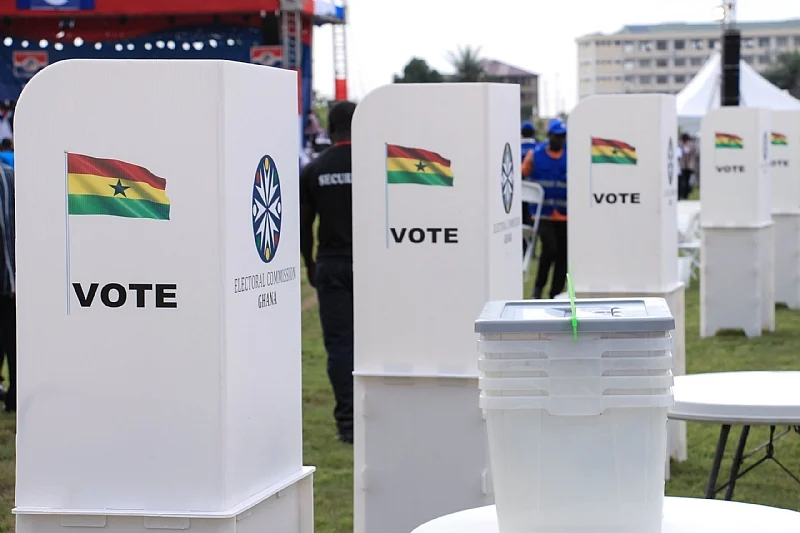
In an environment where perception can influence future nominations and public support, setting the record straight remains a crucial step for Bawumia’s supporters.
While critics may continue to question the former Vice President’s political clout within the party, Asante’s statements reinforce the narrative that electoral outcomes are often shaped by complex factors—including strategic decisions about candidate placement and alliances—not simply by the popularity of a presidential candidate.
As debates within the NPP unfold, political watchers are closely monitoring whether other party stalwarts will weigh in to either support or challenge Asante’s claims.
READ ALSO: Shatta Wale Reacts After Kwadwo Sheldon Rejects Offer

